The world-famous Darjeeling tea is losing its flavour even as it struggles with falling production, says Avishek Rakshit.
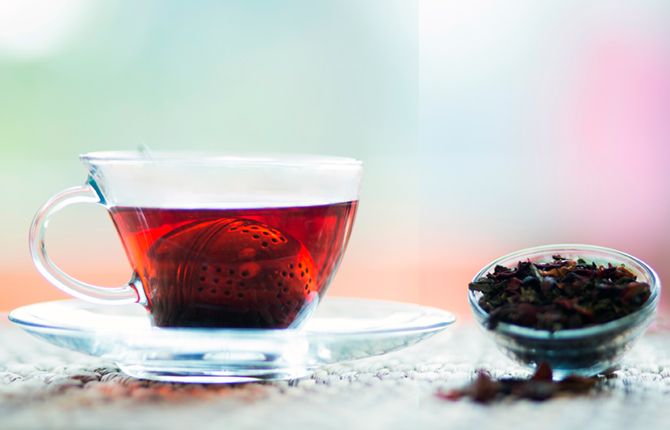
One of the tea aficionados’s top favourites, the Darjeeling tea, faces an uncertain future as the 87 odd gardens in the pristine hills of northern West Bengal are caught up in a vicious cyclic problem from which escape could be costly.
The risk which this tea variant, one of India’s top exports, faces is losing its original taste and aroma even as it is challenged with declining production.
The Tea Board of India, in a recent attempt to find the specific problems facing the gardens across the country, has shared its concern over replantation in the Darjeeling gardens. Out of all the gardens there, only one could meet the norm of replantation of the total garden area.
According to a Tea Board official, unless the gardens opt for replantation, the annual yield, which is already under stress, may face a further decline in the days to come, finally rendering the gardens commercially unviable.
“The Tea Board of India will reach out to the gardens in the Darjeeling region and work out mechanisms to increase production and the productivity of the gardens,” Santosh Sarangi, the board’s chairman, said, adding that a continuous declining trend in Darjeeling tea production over the years is a concern to be looked into.
The produce from Darjeeling has fallen over the years from 10 million kg to just 7-8 mkg presently and may decline further as the plants ages.
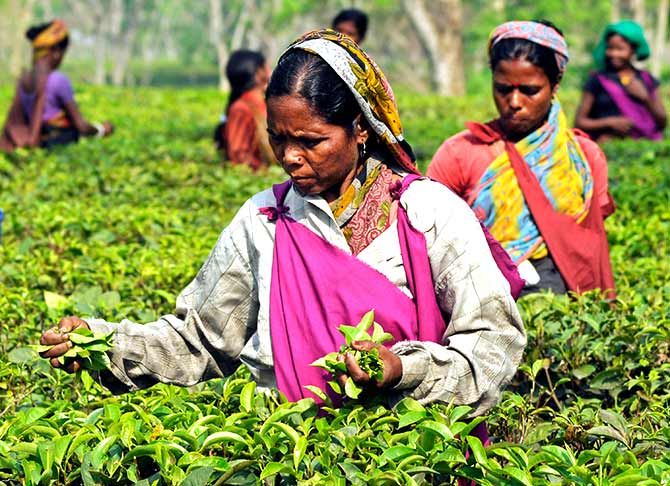
The Tea Research Association is of the opinion that the tea bushes in Darjeeling achieves its highest productive age when it is between 20 and 50 years, post which productivity falls but doesn’t decline as fast as the bush variants in Assam or the Niligiris.
While the Tea Board has signalled the key concern, which can potentially ruin India’s first Geographical Indicator product in the coming years, the gardens face their own problem when it comes to replantation.
The key problem which plagues the Darjeeling gardens is the very nature of the tea bushes it uses, which in the past helped it bag the GI tag.
Around 90 per cent of the bushes in the 18155.23 hectare tea area are of the camellia sinensis variety, which were imported from China 150-100 years ago by the then British owners of the plantation. Compared to this, tea gardens in rest of India use the camellia assamica plant variety which is native to Assam.
As per industry executives, in case replantation is to take place in a manner that the Darjeeling tea continues to enjoy its premium status, these bushes need to be replaced by the same bush variants; this means, they will have to be imported from China.
However, industry officials as well as the TRA say it is illegal to import live tea plants to India and thus this option -- to import the camellia sinensis or the Chinary plant, as it is commonly referred to -- can be ruled out.
S S Bagaria, former president of the Darjeeling Tea Association, said one option for replantation is to cultivate new plants from the seeds of the existing Chinary.
“However, the mortality rate is too high in this process and it is very cumbersome. Planters actually don’t resort to this method”, he said.
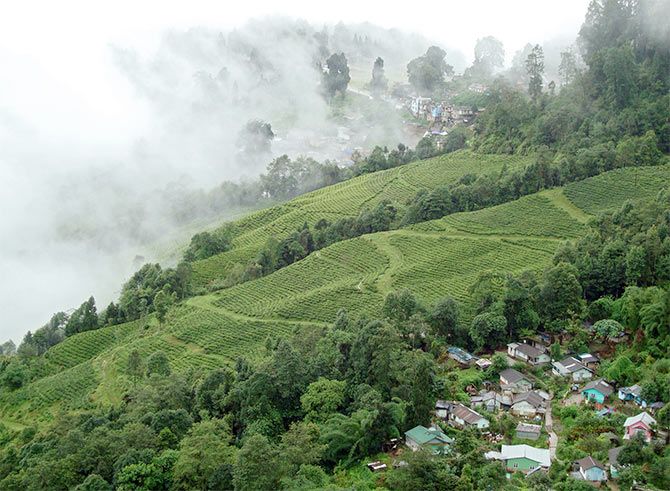
The TRA has come up with indigenous clonal varieties of the Chinary which is used in some gardens.
While I D Singh, a breeding expert in TRA claims that the Indian clonals can match its original Chinary parents both in flavour and aroma, the industry is sceptic about the same.
Asked about his opinion in case the Chinary is replaced with the TRA clonals, A N Singh, managing director and CEO of the Goodricke Group, which owns legendary gardens like Castleton, Margaret’s Hope, Badamtam and several others, said, “There may be a difference in the quality of the tea.”
Kaushik Basu, secretary general of the Darjeeling Tea Association, allied with Singh. He said the mortality rate in the Indian Chinary clonals is too high and added, “The difference in the flavour and aroma of the original Chinary and the clonals can be easily spotted by tea tasters.”
In case the very Darjeeling taste undergoes a change, it may find it hard to hold its premium positioning in the international market.
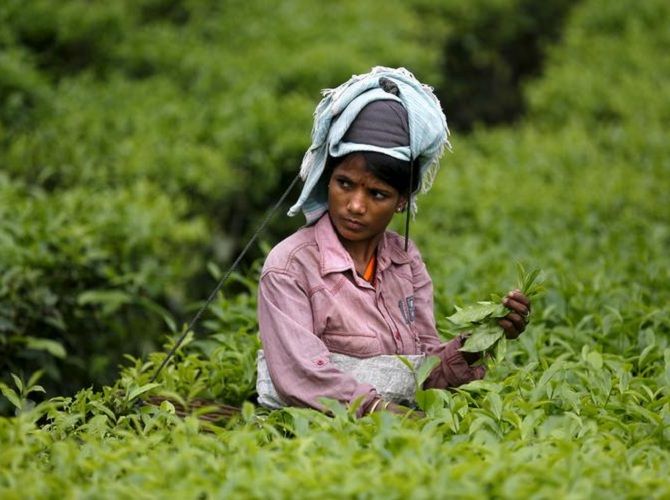
Unlike the Assam or Nilgiri tea variants which are auctioned, the Darjeeling tea is primarily sold in private sales.
Under this process, a buyer (often international) first sends a tea taster to test samples and, based primarily on the taster’s report besides other parameters, the price is finally worked out, which often runs in thousands of rupees for just one kilo.
Industry officials fear that in case the tea taster is able to spot a difference in the taste and aroma of the original premium Darjeeling tea and the clonals, there may be a dramatic change in the price of the tea.
Recently, the produce from Namring tea estate in Darjeeling fetched as high as ₹11,000 a kg in private sales.
Also, in November last year, a 24,800 kg shipment of Darjeeling Black tea to Germany fetched as high as ₹98,00,000.
A second shipment of 1,197 kg of organic Darjeeling tea to Japan fetched a whopping ₹2,39,000.
Contrary to the TRA claims, senior industry officials feel the clonals cannot produce the Muscatel tea variant -- the most sought after produce from the original Chinary, harvested during May-June.
“More efforts on research and development needs to take place to replant the original Chinary with Indian options,” Singh of Goodricke, said.
Sarangi also opined that specific varieties of clonals, suited to the Darjeeling weather conditions as well as preserving the necessary qualities of the Chinary plant, need to be developed.
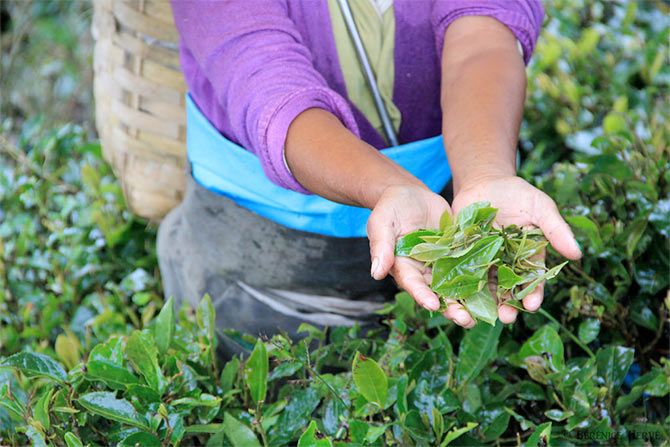
Next in line is the economic problem.
Faced with uncertain rains and irrigation issues, the Darjeeling gardens have just four months to undertake a replantation exercise, which coincides with the prime first and second flush.
These gardens earn their maximum revenue from these two flushes which ranges from March-April and then May-June and no planter wishes to sacrifice this premium plucking season to replantation.
Then, due to the slow growth rate of the Chinary bushes -- which have a gestation period between 12-16 years -- the replanted crop area will not be financially viable during this time frame.








 © 2025
© 2025